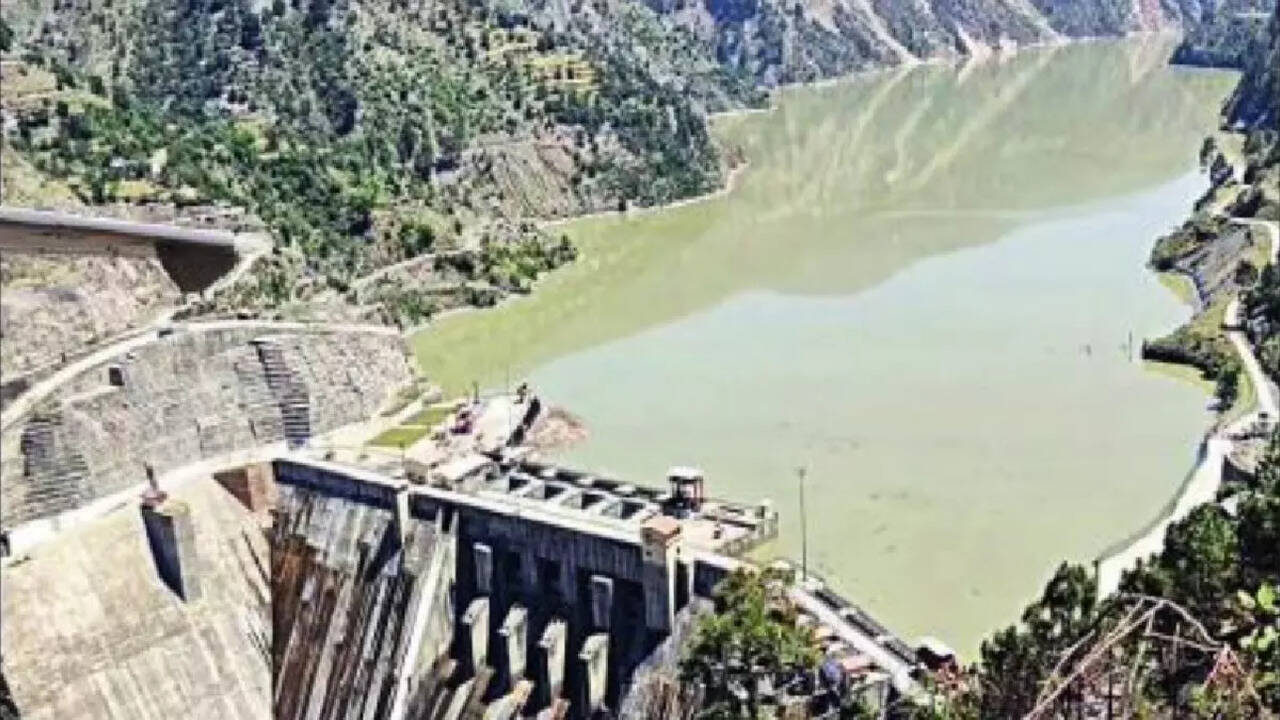The doctrine spelt out by PM Modi on May 13 in Adampur signalled India's lower tolerance threshold towards terror as well as its refusal to give in to Pakistan's nuke blackmail.
PM Modi
Key Facts
- India has suspended its participation in the Indus Waters Treaty following the Pahalgam terror attack, which resulted in the deaths of 26 civilians.
- Foreign Secretary Vikram Misri stated that Pakistan's nuclear blackmail would no longer allow terrorists to operate with impunity.
- India has adopted a 'new normal' in its strategic approach towards Pakistan, emphasizing a long-term strategic framework for its military and security agencies.
- India has put the Indus Waters Treaty in abeyance until Pakistan takes irrevocable action against cross-border terrorism.
- PM Modi outlined India's lower tolerance towards terrorism during a speech in Adampur on May 13.
- India has emphasized that all forms of terrorism can be traced back to Pakistan, which has supported terror networks for over four decades.
Key Stats at a Glance
Number of civilians killed in Pahalgam terror attack
26
Number of Indian leaders visiting countries
59
Number of countries Indian leaders will visit
32
Duration of India's suffering from cross-border terrorism
40 years
